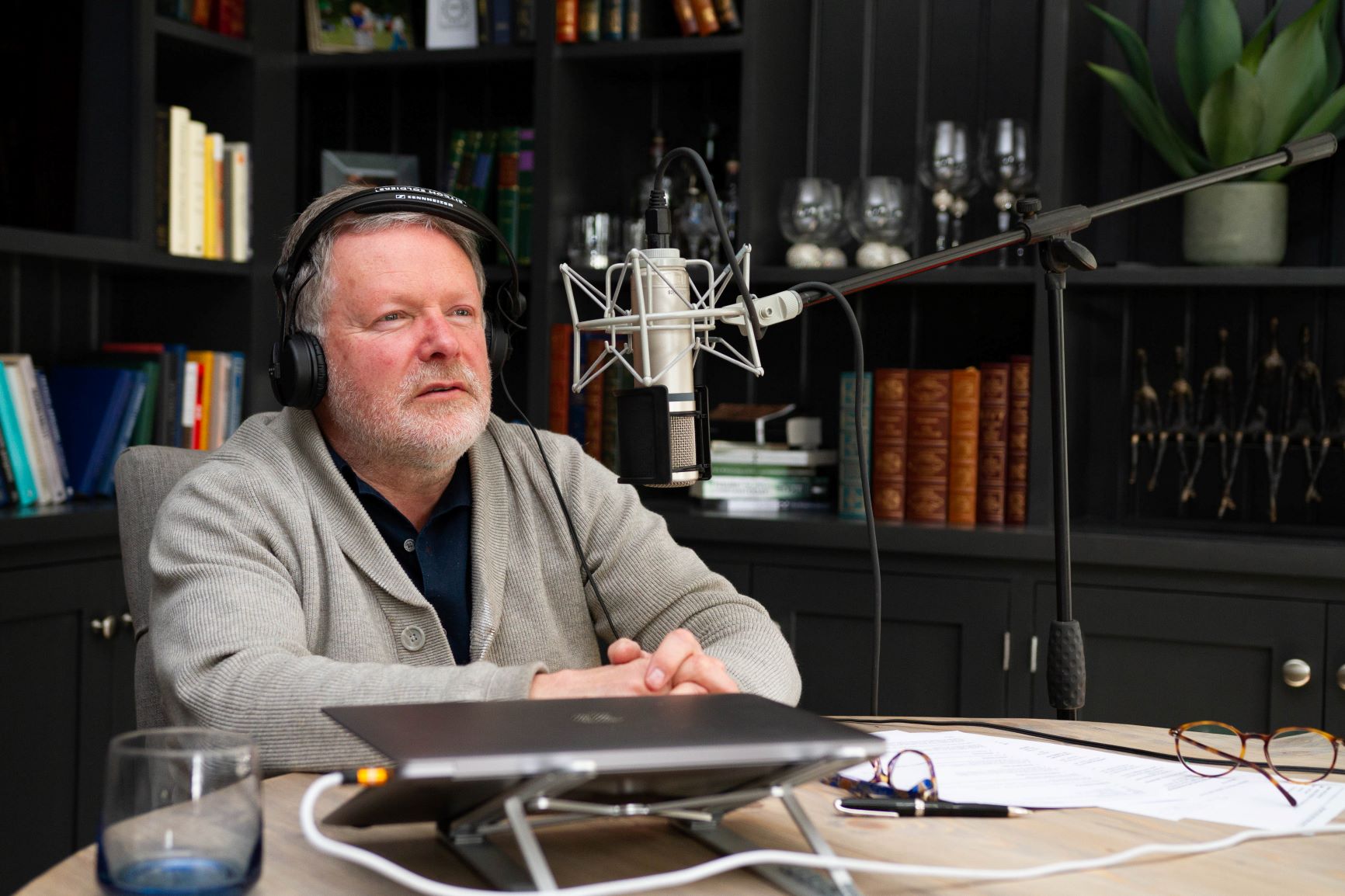- People
- Expertise
Our expertise
We are a team of more than 500 professionals, with the depth of experience which makes us genuine experts in our fields. Together, gunnercooke’s people have strength across just about every corporate discipline and sector. We provide legal, commercial and strategic advice that delivers real value to the clients we work with, which span from multinational enterprises through to unicorns and non-for-profit organisations. Our breadth of expertise covers some of the most interesting and important emerging disciplines, from ESG and charity law, to blockchain and competition.
Search by practice areaDispute ResolutionDispute Resolution OverviewMeet the Dispute Resolution TeamIntellectual Property DisputesFinancial Services & FinTech OverviewProceeds of CrimeEmployment TribunalTax InvestigationProperty Dispute ResolutionInsolvency DisputesMediationCivil Fraud & Asset TracingHealth & SafetyBusiness Crime & InvestigationsLitigation & ArbitrationInternational Arbitration - International
International Offices
The gunnercooke group has 15 main global offices across England, Scotland, the US, Germany and Austria, with further plans for growth in the coming years. These offices enhance the existing in-house capability of our dedicated international teams and dual-qualified experts that cover Spain, France, Italy, Portugal, Brazil, China, India, Poland and Hungary. Our team have clients across 123 jurisdictions, speak 46 languages and are dual-qualified in 21 jurisdictions. Our expertise means we can offer large teams to carry out complex cross-border matters for major international clients.
- Our story
Our story
gunnercooke is the fastest growing corporate law firm in the UK, now making its mark globally. We comprise a rapidly growing number of experts spanning legal and other disciplines. Clients benefit from flexible options on fees to suit their needs, access to a wider network of senior experts throughout the relationship, and legal advice which is complemented by an understanding of the commercial aspects of running a business.
- Reading Room
- News & Insights

We will shortly be returning to the ‘new normal’ after the most challenging time possibly of our work and even our personal lives, with I suspect some semblance of order, or not. The question for all leaders will be just what have you learnt? Are you a better leader for the experience? Will you have a better business from the knowledge that you have learnt? Is the future brighter?
There is no doubt that in life all experiences are good, though not always enjoyable. What doesn’t break you makes you. If you use the knowledge that you have gained wisely it will work towards the making of a better you. You will be armed with skills and a mindset that will equip you well for other, different but equally difficult challenges. That is the power of evolution and an evolving mind. The same is true for business. And for leaders. As a leader of the largest company in the world or of a two-man team there will be things that you have learnt that will help the future of the operation. It is important that you take the time to understand the things that you have learnt, analyse them and how you can adapt them to create a better future. A time out, of reflection, of kicking leaves is necessary to really understand all that you have learnt. As we reach the end of lockdown this is the exact time to undertake such an exercise.
Leaders are just like everyone else. They suffer from the same worries and concerns. The same things keep them up at night and the same doubts live in their minds. Having spoken to many leaders over the last 6 weeks, there are many who have decided to sit the lockdown out, furloughing some of their staff and hoping that the business will be there when they return. And there are other leaders who see the worst and prepare for the worst, even protecting their own interests. And there are other leaders who only see opportunity. Out of every mishap comes opportunity, a new business area, an acquisition at a reduced price, a chance to re organise, an opportunity to develop online or to re-focus the businesses leaders, an opportunity to trust the team and so on. What have you learnt?
- What have you learnt about yourself? Have you become a better leader as a result of having to lead remotely? Napoleon said that there are no such things as bad foot soldiers only bad officers. Have you been able to motivate your team during this time? How have they responded? Have you managed to maintain accountability? Have your processes worked? Have you maintained their passion? Are they still going the extra mile? What about your discipline? Have you maintained your own passion for the business? If not, what are you going to do about it? Have you learnt to make more of the time available to you? Are you thinking more? You are the chief visionary officer. Would your people think that of you? Have you used the time to form a closer relationship with your family? Have you spent time just listening? Listening requires total concentration on another. It is setting aside your own paradigms or frames of reference just to listen to another. It involves a temporary acceptance of the other until they fully open up and you understand each other better and better. It is not listening selectively and with pre set agendas. It is not talking but sometimes questioning.
- What have you learnt about your leadership team? What have you learnt about your people? Who has stepped up? Who has dealt with this time well? Who do you want around you when times get tough? Who has the resilience and determination that you will need in your business if you want to be the best that you can be? Warren Buffett once famously said – when the tide is out, we will find out who is wearing the swimming trunks – have you done that? How are you going to reward the ones that have outperformed? How will you celebrate when this is over? How are you going to deal with the ones who didn’t show up, who weren’t there for you and the business and their colleagues? Have you learnt something about how you recruit? Has it taught you to recruit on attitude? How will you do that? Will you use psychometric testing? Attitude and mindset are so important. Let everyone else get jobs with your competitors. Focus on people who have the right attitude to take your business forward. Share your passion. Watch them grow with the same passion. You don’t need to have a percentile approach as Jack Welch did and so many American companies do. It will damage your culture, but you do need to recruit on attitude and then foster it.
- Have you taken the time away to kick some leaves and really think about the business and look ahead? Where do you want to be in 10 years’ time? Where do you want to be in 3 years’ time? Where do you need to be in 12 months? Where do you need to be in 6 months? Have you revisited your values, your passion, your proven processes and routes to market? Where will your innovation come from? Do you have processes in place that will bring about more innovation? do you have an attitude of constant improvement? If not, how will you achieve that? Do you have a moral purpose? Do you understand what that means for the business, for your leadership team, for your people? Do you know how industry is changing, the new demands of customers, of generation Z and the Millenials who will soon account for 75% of the world population? How are they changing things? How well do you know your local community around your business? What role can your business play in that community – with the elderly, the disabled, the disadvantaged? Is it time to look at your role in the wider community? Do you have people in your business who can help? How can you work to align it with improvements in your bottom line? Do you want your legacy to be that you improved profits or that you made a difference?
Whatever you do, don’t waste these next few weeks but consider carefully all the things that you have learnt, develop them and put them to use on yourself and your business.
Have you stepped back and looked at the business as a whole and taken a helicopter view? Is it where you want it to be ? Are you on target ? Is it reflecting your vision? Vision is where you are headed, your values are the behaviours that bind you and gel it all together and your culture is the feel, the buzz and excitement that drives the organisation. When it works in sync it is unbeatable.
Order Darryl’s book ‘To Innovate or Not to Innovate’ here.






